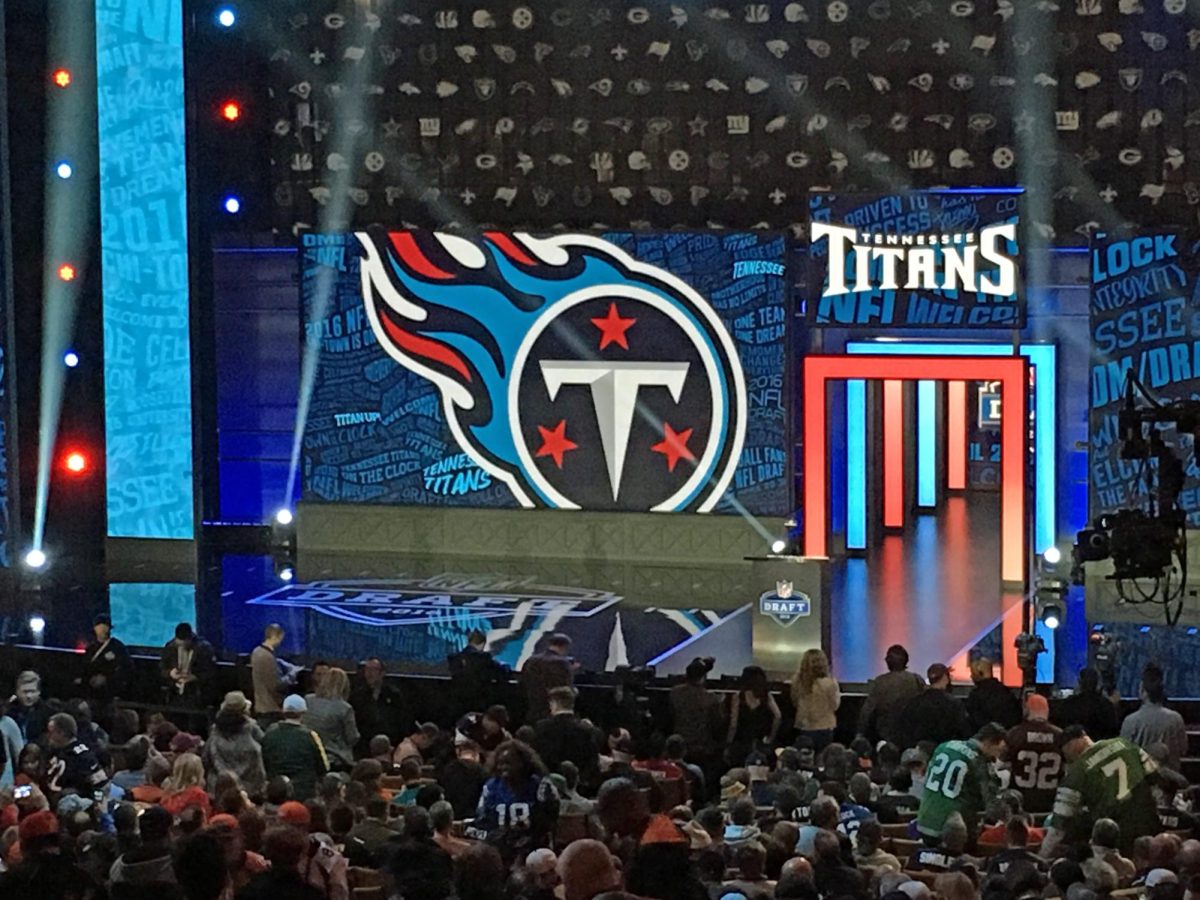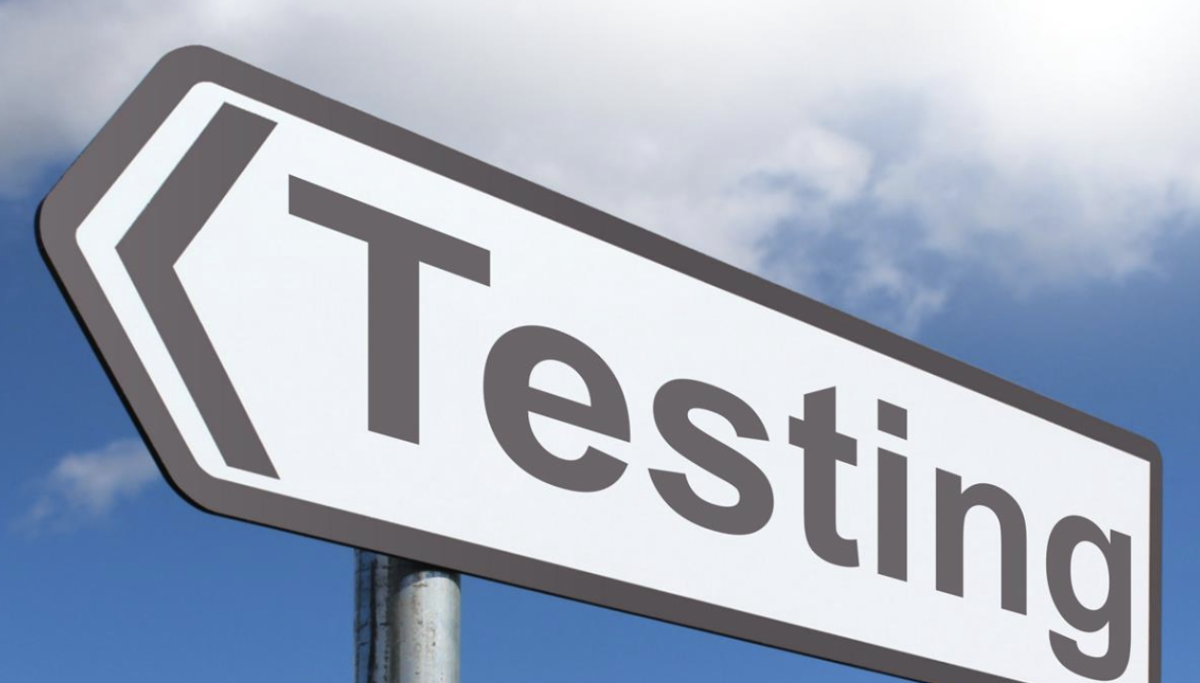In 2020, when COVID-19 caused shockwaves around the world, it indirectly transformed one area in particular: college admissions. With people in fear of contracting the illness, testing sites were forced to close, and students were unable or unwilling to take the test without a virtual option. As a result, several colleges went “test-optional” for that year, allowing students to either submit their standardized test results or abstain from doing so without any detriment to their chances of acceptance. Now that a few years have passed with this system in place, universities are debating whether they should continue or terminate this policy. Some institutions have taken their own stance and created variations on the idea, such as going completely test-blind and not allowing score submission at all.
Recently, Dartmouth College announced a return to the testing requirement, stating that applicants for the Class of 2029 will have to submit SAT and/or ACT scores. This approach currently has no definite end date, ensuring that all future applicants to Dartmouth will need to take one of the standardized tests. So far, it has been the only Ivy League school to do so. MIT already announced a return to the SAT/ACT requirement in 2022, and so far, they have upheld this standard for college Class of 2029 applicants and beyond.
Other schools, meanwhile, have taken a different approach. Columbia University was the first Ivy League college to announce that it would continue its “test-optional” stance indefinitely. Harvard has also guaranteed that it will remain test-optional through the admissions cycle of 2026, taking further action later. Cornell and Princeton have also already decided to continue their “test-optional” policy for the next admissions year. Yale and Brown are still debating how they should proceed with the testing situation.
With the arrival of the digital (on-line) SAT and PSAT, it is unlikely that schools will consider going “test-optional” due to the sole factor of an illness or pandemic like COVID-19. Now, the discussion has turned to whether testing is really valuable in determining the suitability of applicants. Those critical of standardized tests such as the SAT have cited studies that state standardized test scores are proportionate to wealth and socioeconomic status rather than academic ability. Others such as Dartmouth, which are returning to the traditional standardized-test-stance, however, argue that exams can be indicators of how well students will perform in college. Specifically, comparing student results before and after the adoption of a test-optional policy revealed that test results can be predictors for the potential of students from middle- and lower-class families. MIT especially values the SAT/ACT due to its heavy focus on mathematics in its curriculum.
As of now, the decisions of colleges and universities regarding testing does not warrant an urgent need for all students in the upcoming application season to immediately register and take a standardized test if they were not already planning on doing so. In the future, however, it may be worthwhile to consider prioritizing preparation for the SAT/ACT if more schools do make it required.




























